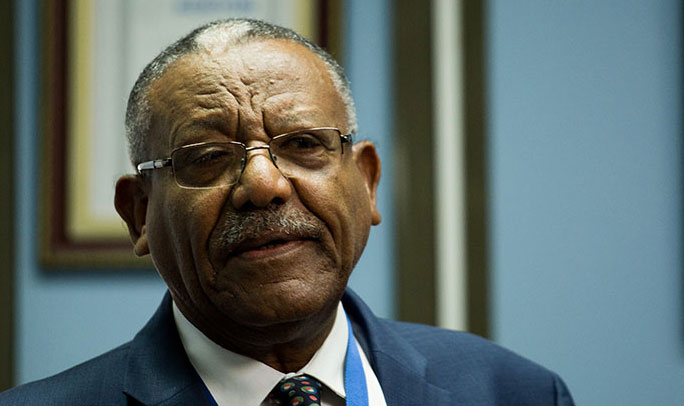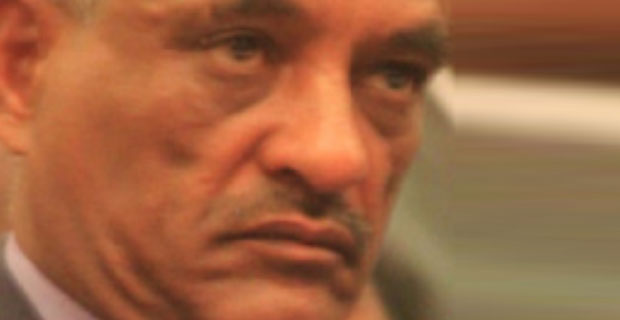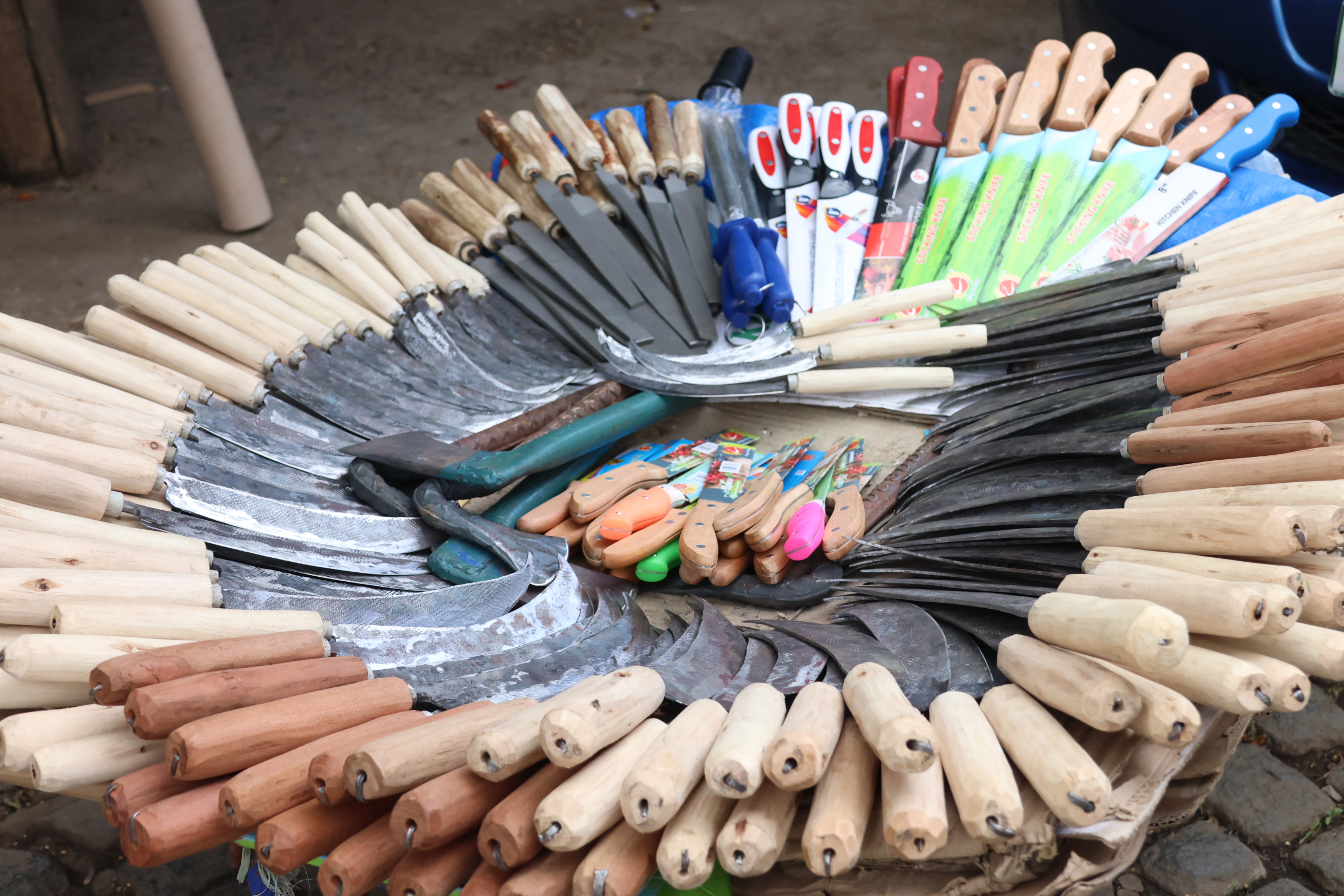
Oct 24 , 2020
By Ristu Fekadu
To compromise between the lines is a day-to-day practice. However, "oneness," that unity of thought that comes rarely, is a character trait built through lots of effort and time. What we say and do implies how we are committed to it.
Critical to such a state of being, in our professional and personal lives, in politics, business or in social settings, is integrity. Being honest, trustworthy and reliable are unmatched character traits that not only improve our likelihood of success but make teamwork and healthy competition possible. It is an advantage that has long been frowned upon by the business elite that grew out of the concept of selfish endeavour as a "winning" tactic.
At some point, people may not like the decision we make, but it is critical we are backed by their trust, especially while it is within our circle of influence. It is like a safety deposit in others’ hearts and minds. It is how we buy the benefit of the doubt – the knowledge and belief that our actions, in the end, do stem from an honest place. This is an indispensable advantage to have in building teams.
Unfortunately, the politics and business realms seem less interested in such things. To have ulterior motives have become acceptable and the concept of good faith has come to inspire laughter.
Is this the right way to go? Is there a difference between erring without meaning to and approaching an assignment with questionable intent? Is it possible to deal constructively with people in the latter bucket or create a cohesive team with them as a member?
In business, delivering what has been promised is vital. But character is a traceable set of behaviours. At the end, when it comes to people whose integrity is questionable, success in one assignment is rarely a guarantee that the same will occur moving forward. In the same token, in dealing with people that may have failed at one task, it builds faith in their character that we feel comfortable enough assigning them another task even if they have failed the first one. Their integrity makes them a reliable partner to push through with another project. In business, where consistency is vital, such confidence in team members integrity is highly critical.
Further complicating the matter is that integrity is not a trait that pops up at any time in a person’s lifetime. It is discipline shaped from an early age. This is why our education systems may be bringing up students that turn out to be unreliable team members. They predicate learning upon things such as grades - not something to be chased for its own but critical for the attainment of a passing grade.
Integrity is thus commoditised, worth only demonstrating in words. To have a firm adherence to a moral code, unharnessed persistently, becomes hard. Politics and business become less about the ideologies and improved customer service that translates in profits, respectively, and more about who could step on who to get ahead. This is unhealthy, not just for individuals but politics and business as well.
I am not quite sure how many of us could stand out if we are evaluated with this respect by our co-workers, supervisors or subordinates. Most of us belong to a certain culture, and our conformity often signifies whether or not we manage to stay in the institutions. Societal, political and organisational cultures have intoxicating effects that make having integrity an all but fraught venture.
The business and political environments require serious considerations here. After all, we reap what we sow. If the value of integrity is respected in all but name, it is naïve to expect it from even a few individuals.
The importance of healthy competition and cooperation supportive to the greater good needs to be emphasised. Integrity has a cumulative effect while also needing the establishing of a culture to ensure that it remains relevant. While easy to ignore, a lack of integrity exacts a heavy cost in how we cooperate as a society.
PUBLISHED ON
Oct 24,2020 [ VOL
21 , NO
1069]


Viewpoints | Jun 12,2021

Fortune News | Oct 24,2020

Advertorials | Feb 12,2024

In-Picture | Aug 03,2025

Sunday with Eden | Apr 22,2023

Commentaries | Aug 22,2020

Fortune News | Jun 29,2019

Fortune News | Sep 21,2019

In-Picture | Apr 27,2025

Commentaries | Jul 10,2020

Photo Gallery | 171564 Views | May 06,2019

Photo Gallery | 161804 Views | Apr 26,2019

Photo Gallery | 151538 Views | Oct 06,2021

My Opinion | 136304 Views | Aug 14,2021





Dec 22 , 2024 . By TIZITA SHEWAFERAW
Charged with transforming colossal state-owned enterprises into modern and competitiv...

Aug 18 , 2024 . By AKSAH ITALO
Although predictable Yonas Zerihun's job in the ride-hailing service is not immune to...

Jul 28 , 2024 . By TIZITA SHEWAFERAW
Unhabitual, perhaps too many, Samuel Gebreyohannes, 38, used to occasionally enjoy a couple of beers at breakfast. However, he recently swit...

Jul 13 , 2024 . By AKSAH ITALO
Investors who rely on tractors, trucks, and field vehicles for commuting, transporting commodities, and f...

Oct 4 , 2025
Eyob Tekalegn (PhD) had been in the Governor's chair for only weeks when, on Septembe...

Sep 27 , 2025
Four years into an experiment with “shock therapy” in education, the national moo...

Sep 20 , 2025
Getachew Reda's return to the national stage was always going to stir attention. Once...

Sep 13 , 2025
At its launch in Nairobi two years ago, the Africa Climate Summit was billed as the f...

Oct 5 , 2025 . By NAHOM AYELE
In Meqelle, a name long associated with industrial grit and regional pride is undergo...

Oct 5 , 2025 . By BEZAWIT HULUAGER
The federal government is set to roll out a new "motor vehicle circulation tax" in th...

Oct 5 , 2025 . By NAHOM AYELE
The Bank of Abyssinia is wrestling with the loss of a prime plot of land once leased...

Oct 5 , 2025 . By BEZAWIT HULUAGER
The Customs Commission has introduced new tariffs on a wide range of imported goods i...